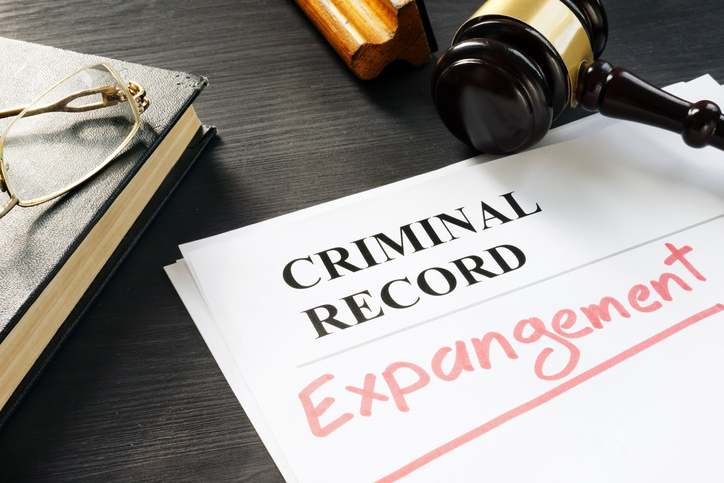A criminal charge can have devastating impacts on one’s life. In addition to the fines, jail time, and overwhelming court obligations, you may also be concerned about your reputation. A criminal conviction can significantly affect your personal, social, and even employment life. However, all hope is not lost. Under California law, individuals convicted of crimes have a chance to clean their records during expungement. If you are wondering how to start a petition for expungement of your criminal record in California, read on to learn more.
What is Expungement?

Expungement refers to the formal process of sealing and destroying one’s criminal records. In California, under PC 1203.4, expungement entails withdrawing a previous guilty plea, replacing it with a permanent non-guilty plea, and then filing a petition to dismiss your criminal case. This type of post-conviction relief makes your convictions unavailable to the public, seeming like they never happened.
Starting a Petition for Expungement
Having your criminal record expunged in California can be overwhelming and confusing. Hiring an experienced expungement lawyer to assist you throughout the process is always best. A lawyer can not only help reduce the stress associated with filling out the many forms but also help you avoid errors that can lead to your petition being denied, and you can get it right the first time.
Now that you have a lawyer helping with your expungement petition let’s look at the steps you must follow:
Step 1: Check Your Eligibility
Before filing your petition for expungement, you must determine if you qualify, as not everyone is eligible for expungement in California. To be eligible, you must meet the following criteria:
- You are not currently charged with a crime
- You are not serving a sentence for a crime
- You are not on probation for a crime
- You have completed probation
- You have evidence of rehabilitation
- You have paid all court fees and fines
You may not be eligible for expungement if:
- You were convicted of a severe sex felony with a minor
- You were sent to a California state prison during judgment time or due to violating your terms of probation
Step 2: Obtain a Copy of Your Criminal Record
Next, you need to get a copy of your criminal record showing the court where you were convicted, the name you were convicted under, the conviction date, the code of violation, and the case number. You can get this from your court file or the Department of Justice “Rap Sheet.”
Step 3: Fill Out Required Forms
You must complete the required paperwork for expungement, including the petition and other supporting documents. If you were convicted of a misdemeanor, you should fill out form CR-180, the petition for dismissal.
If you received a felony charge, you should request the court to reduce the charge to a misdemeanor (wobbler) and then petition to dismiss the misdemeanor. For non-wobbler felonies, you must complete a form under PC 17(b)(3) and then file a petition to dismiss the misdemeanor under PC 1203.4. Additionally, if you have multiple convictions, you have to fill out separate petitions for expungement for each.
Step 4: File the Expungement Petition
Once you have completed all the forms accurately, it is time to file your petition. This involves filing the paperwork with the court where you were convicted. You may also need to pay a filing fee or fill out fee waiver forms.
Step 5: Serve the Prosecuting Attorney
Serving means having someone else – an adult of 18 years and above – hand-deliver or mail the copy of the petition on your behalf to the District Attorney or the City Attorney. The person will then fill out a proof of service form, which you will attach to the petition. This is essential because your case cannot proceed until the court documents are properly served.
Step 6: Attend the Hearing
Depending on your case, you may need to attend a court hearing. Your expungement lawyer can help you prepare adequately for the hearing and keep you informed on the progress of your case. The court then decides whether to grant your request within one to three months.
Step 7: Refile the Petition
If your petition is denied, you can file a request for reconsideration within 60 days or refile later. It is best to work with a seasoned Los Angeles expungement lawyer to have your conviction expunged on the first attempt. However, a lawyer can also help ensure your petition is granted the next time.
Legal Help is Available
A criminal record should not dictate your life’s direction long after a conviction. Let our experienced expungement attorneys at the Kosnett Law Firm help you successfully expunge your record and move forward with your life. Contact us at (310) 445-5900 or online for a free consultation today.






